Quick hits about the Google’s plan to phase out third-party cookies
- A “cookieless” world is a misnomer. Alphabet still owns Google, YouTube, and Chrome. Google Ads is still going to get user behavior from properties they own
- Blocking cookies is primarily blocking behavior from third parties (e.g. ISPs) and creating walled gardens. This will impact smaller tech companies (e.g. programmatic buys) much more than big tech (Google, Microsoft, and Meta)
- Consumer behavior has much less of an impact on B2B than B2C. A “Cookieless World” is a Win for Big Tech
Big Tech is Doing All Right
Business-to-business companies advertising on large networks like Google Ads, LinkedIn, or Meta need not fret too much. Big tech still has a lot of data. Google owns Google Search, YouTube, Gmail, and Chrome. Microsoft owns Bing, LinkedIn, and Edge. Meta owns Facebook, Instagram, and Whatsapp (and whatever they’re cooking up in the Metaverse). They own a ton of first party data, and so targeting within their ecosystems can still be fairly granular.
Google is far from benevolent, and their decision to kill third party cookies is as much about harming competitors as it is about user privacy. Similarly, Apple’s consent tracking and App Tracking Transparency (ATT) give Apple the PR of protecting privacy while effectively blocking competitors from using data created on their platform. They are creating large walled gardens of data that if advertisers want to tap into it, they are going to need to advertise with Big Tech.
Small Tech Risks Breaking
Companies reliant on third party data or stringing together cookies from third parties are in for a challenge. Programmatic display companies will not as readily be able to buy data from ISPs. This can make it challenging to gather intent and demographics data gathered from disparate sources.
B2B marketers should be ready for potential challenges. AdTech companies may be stuck with historical data that slowly loses accuracy. If your marketing spend relies heavily on ad exchanges or intent data, prepare to cut or redirect third party cookie-related media spend.
First Party Data is King
As Big Tech begins to block cookies in the name of privacy, B2B marketers should prepare to advertise directly with the folks who have the data. Get used to “walled gardens” and put the bulk of your media spend in companies who already have the data: Google, Meta, Apple, LinkedIn, Amazon (if relevant) as well as the smaller niche publications and communities.
Now may be a good time to get comfortable working with a lot of different content creators: podcasts, newsletters, and industry email lists. While the scale of reach will be significantly smaller, smaller publishers should have better firsthand data on their subscribers.
Audit your reliance on third party data and begin to ask if that information will likely be available in the future. What ad networks, AdTech, and data tools (intent/demographic/behavioral) are you using and do they incorporate third party data? Keeping an eye on announced changes for these platforms as the 2023 date gets closer can help you prepare.
Measurement Gets Tricky
Google’s Federated Learning of Cohorts (FLoC), its replacement for third party cookies is worth keeping an eye on. FLoC is Google’s solution for advertisers to still be able to run interest-based advertising in a “cookieless” future. AdTech companies that figure out the new technology will better be able to target as well as track and measure performance.
Regardless if Google releases an alternative, for B2B marketers the landscape is shifting. The data you are currently getting may not be the data you will be getting in the future. Prepare to adjust as companies stop sharing information with each other. Utilize your own first party data through web analytics, marketing automation platform, and CRM to better understand your buyer’s journey.
What to Do Now
There is a lot still unknown about exactly how Google will roll out their changes to cookie tracking and what may or may not replace a third party cookie. It’s still too early to know exactly how AdTech companies and marketing measurement are going to be impacted. However, there are still things marketers can do now:
- Get comfortable with Big Tech. Advertising on the major platforms will be affected, but you can be confident the large players have enough first party data to be effective.
- Explore new smaller publications and creators with first party data on their audiences. If/when programmatic networks and AdTech platforms are impacted, you will be happy you have a network of smaller publications.
- Make sure your internal systems are talking to each other. Connect ad platforms to your revenue systems (MAP and CRM) so you are able to attribute your marketing data across your databases.
- Know what you’re at risk of losing. Audit what AdTech and data platforms you use that incorporate third party data.
